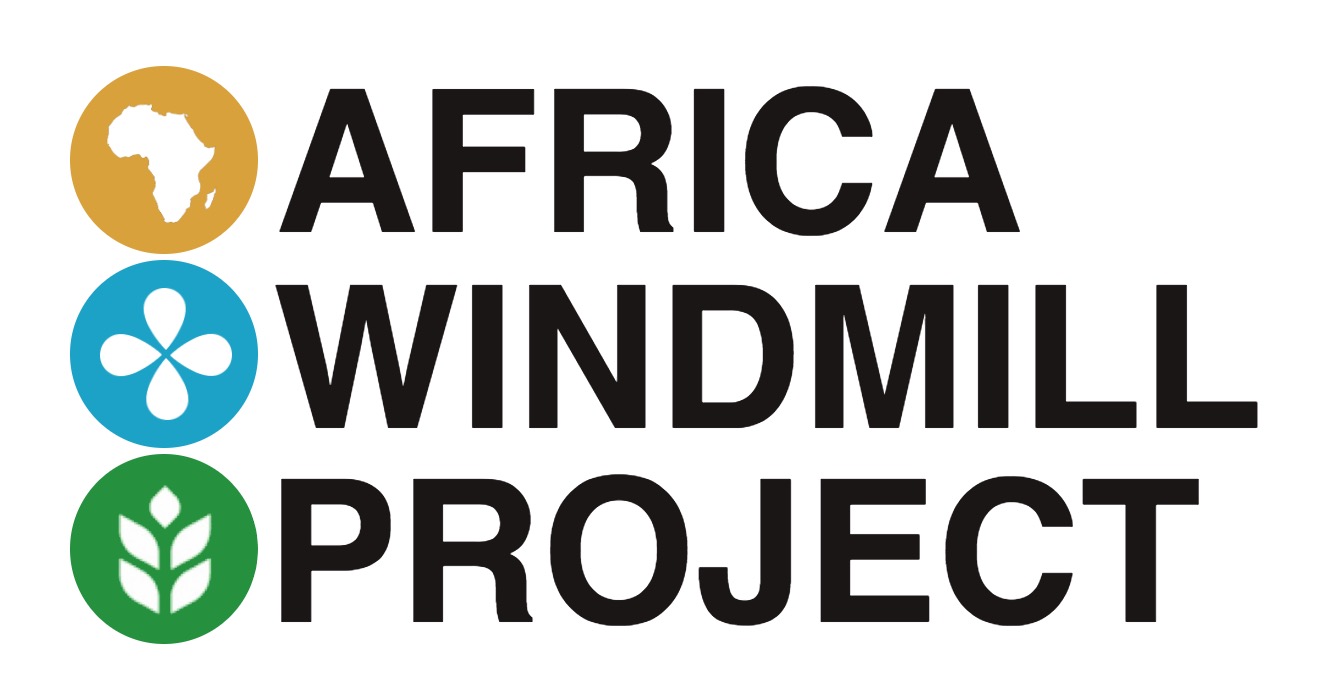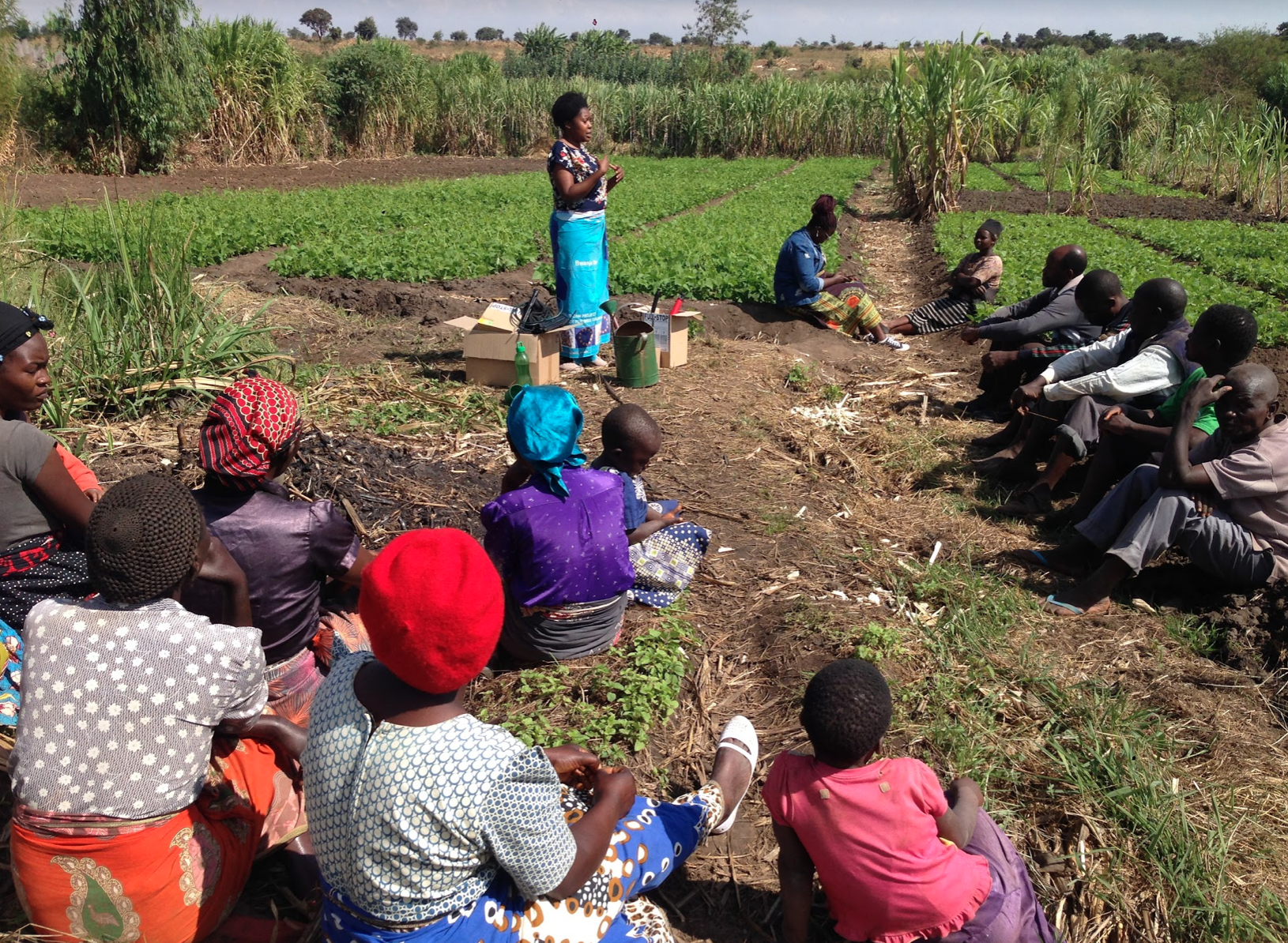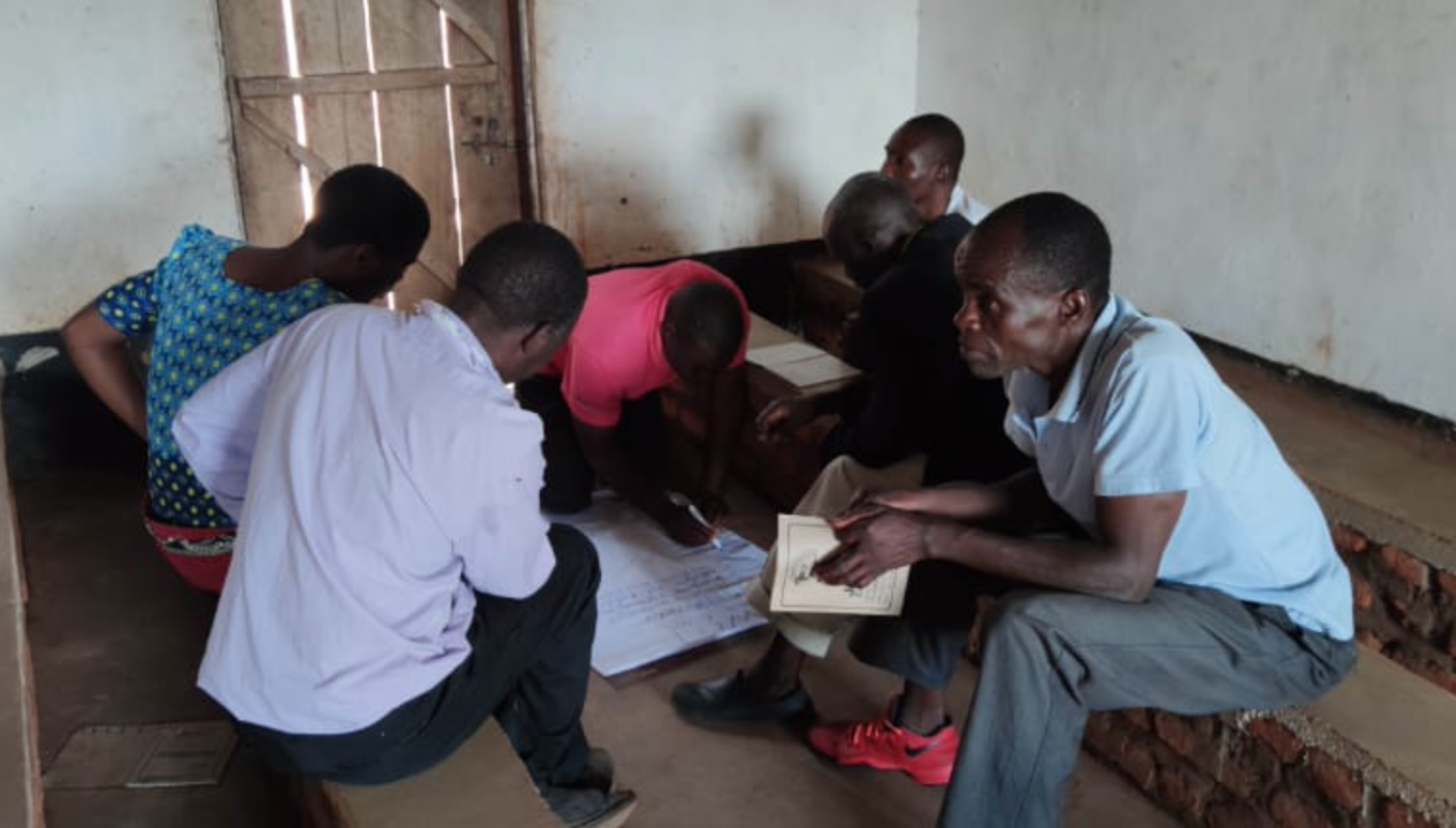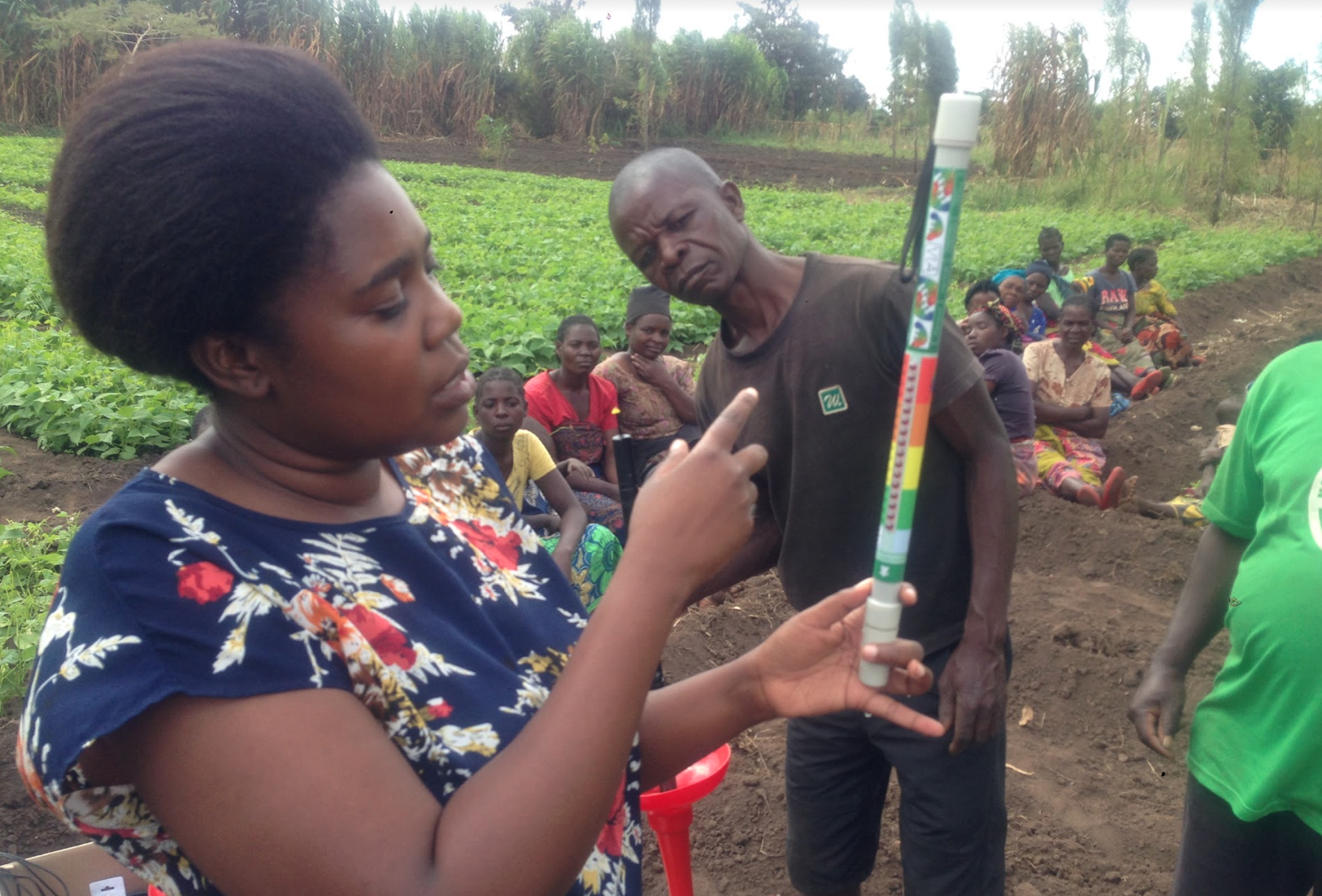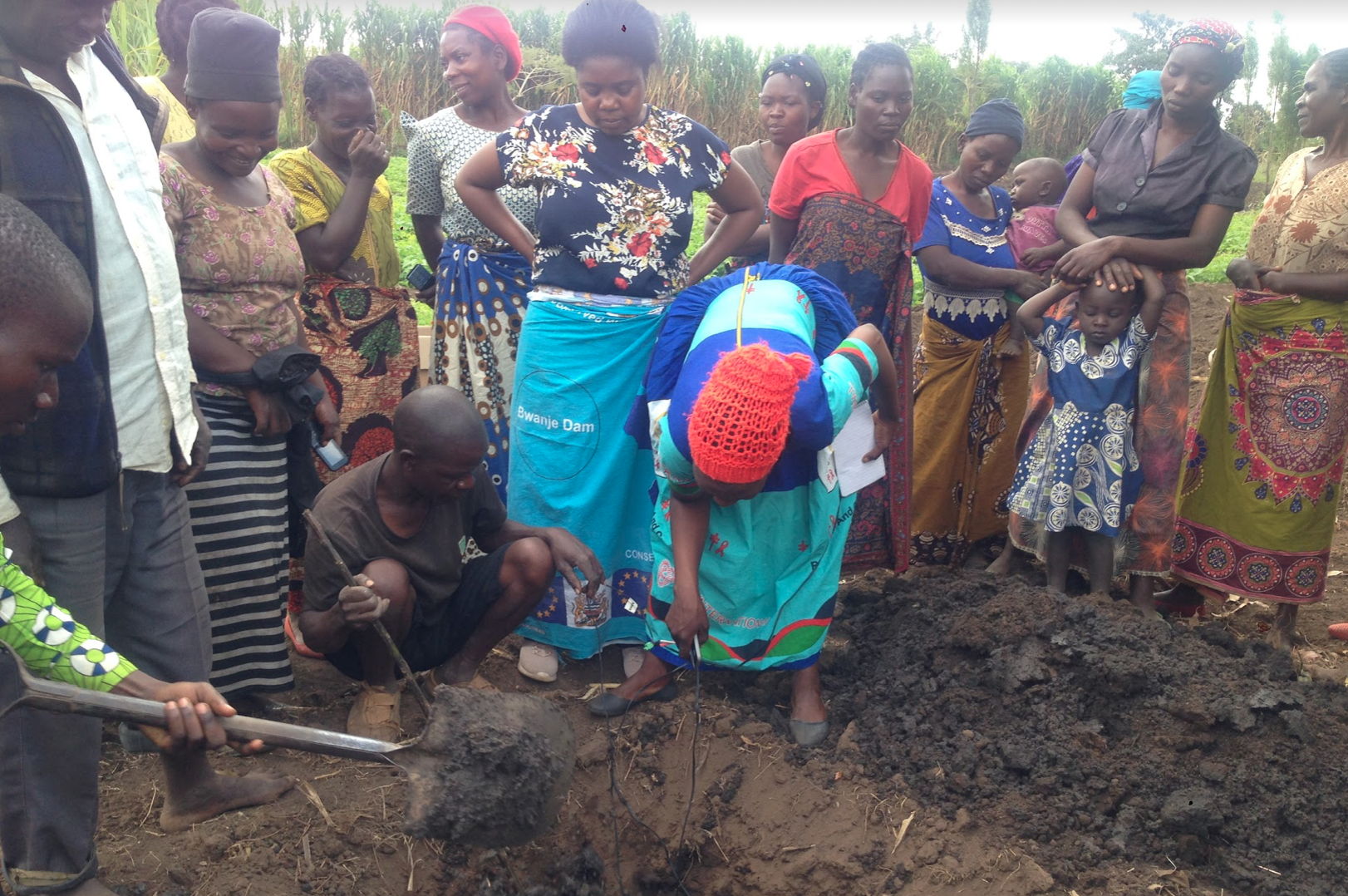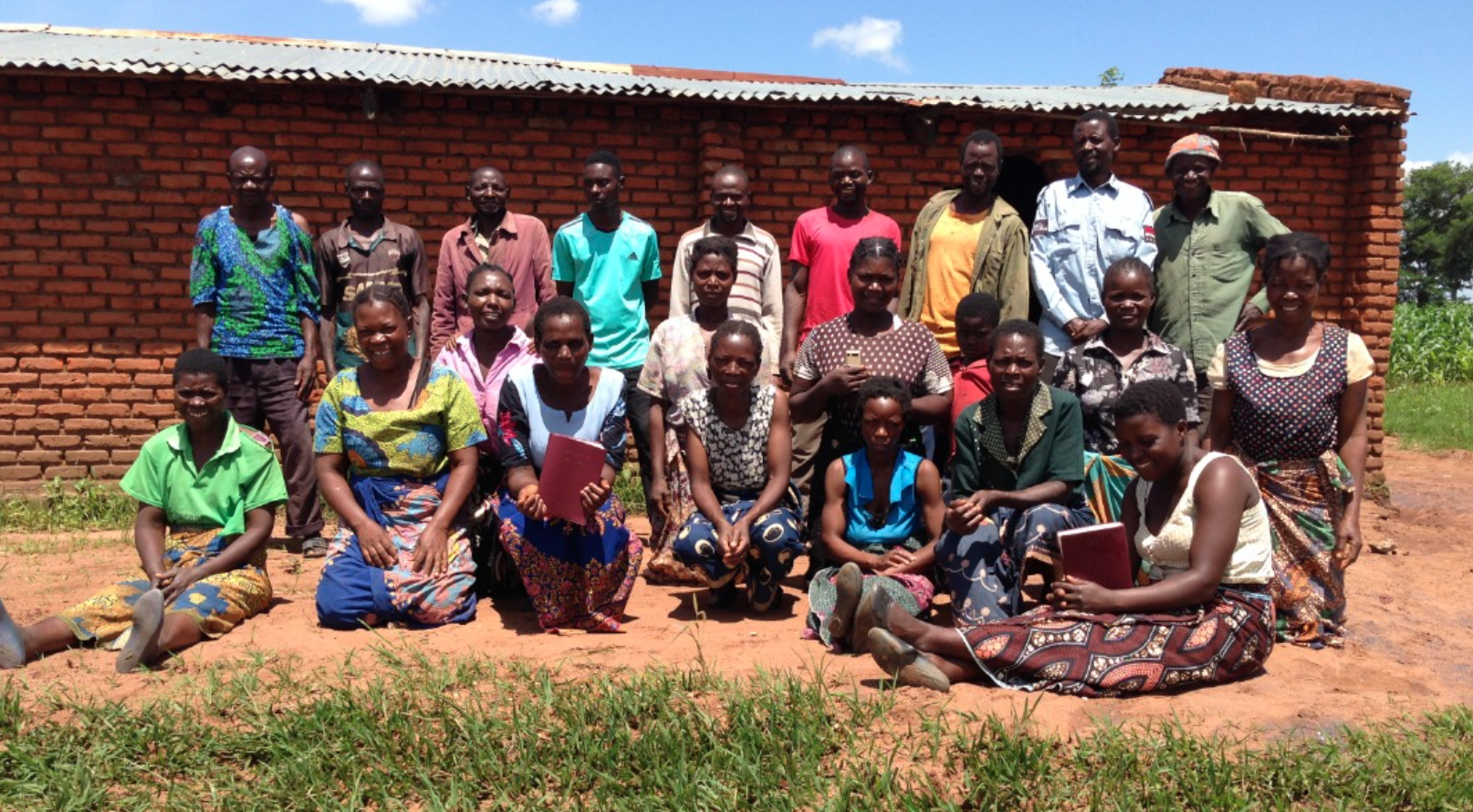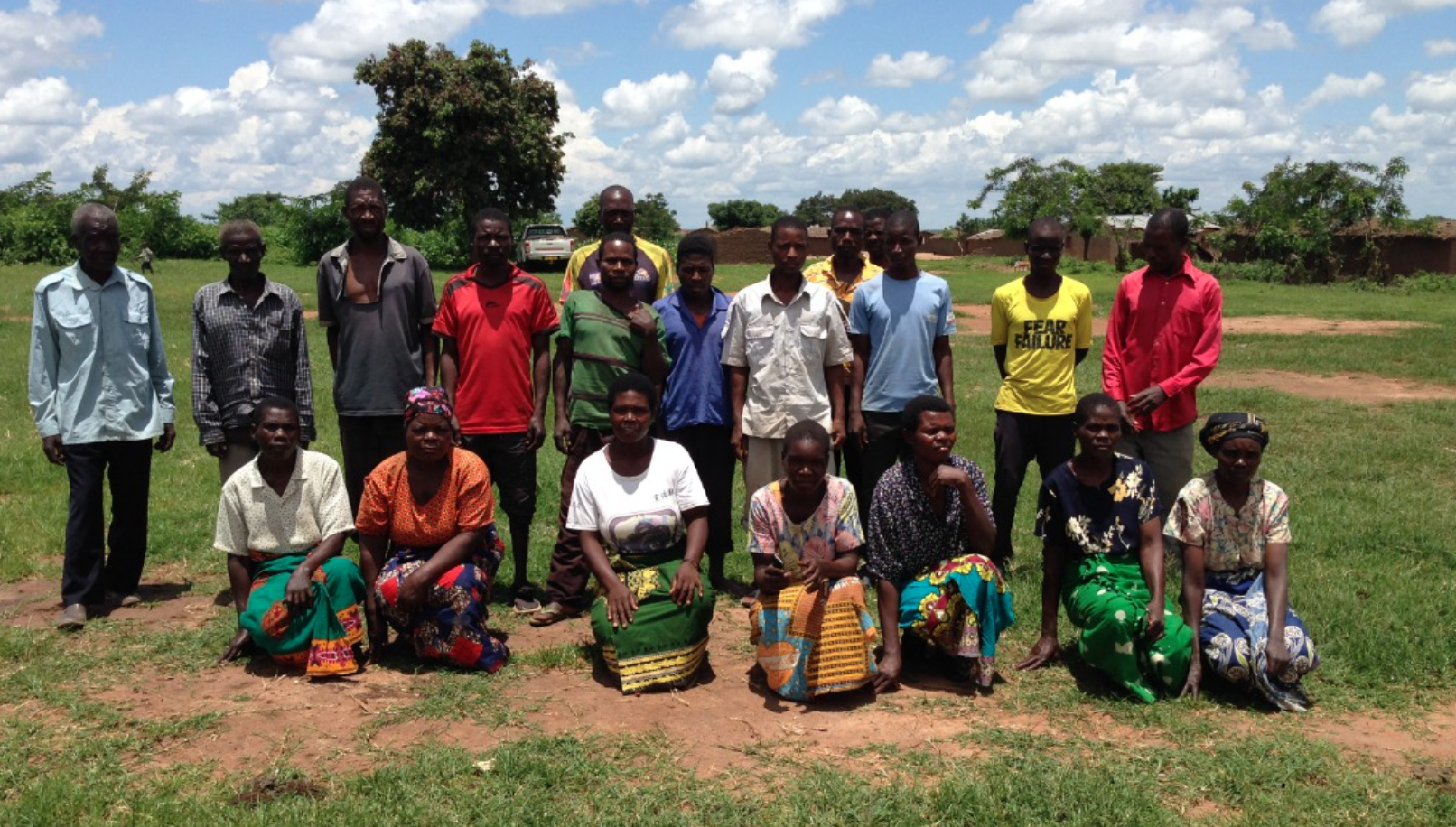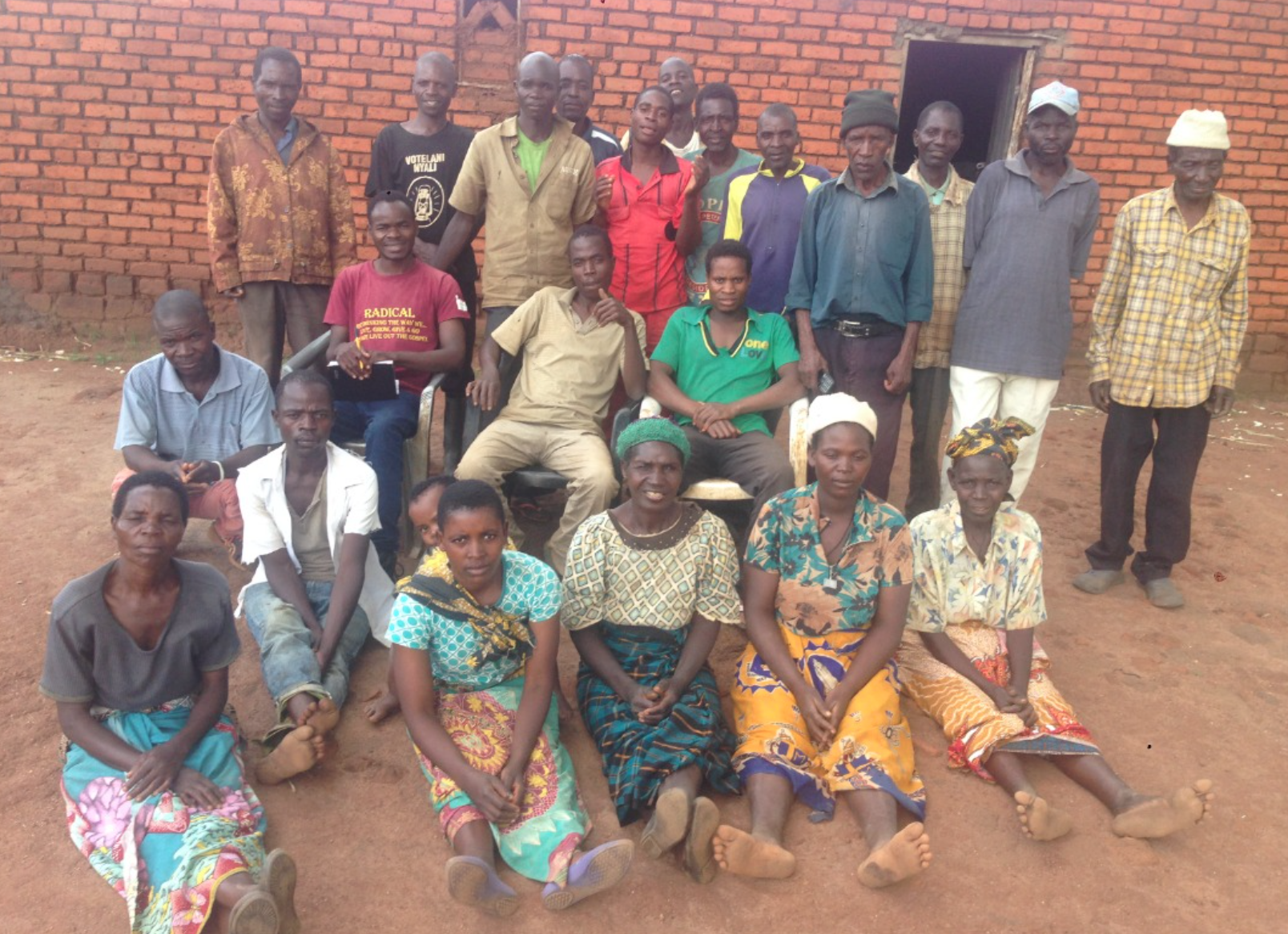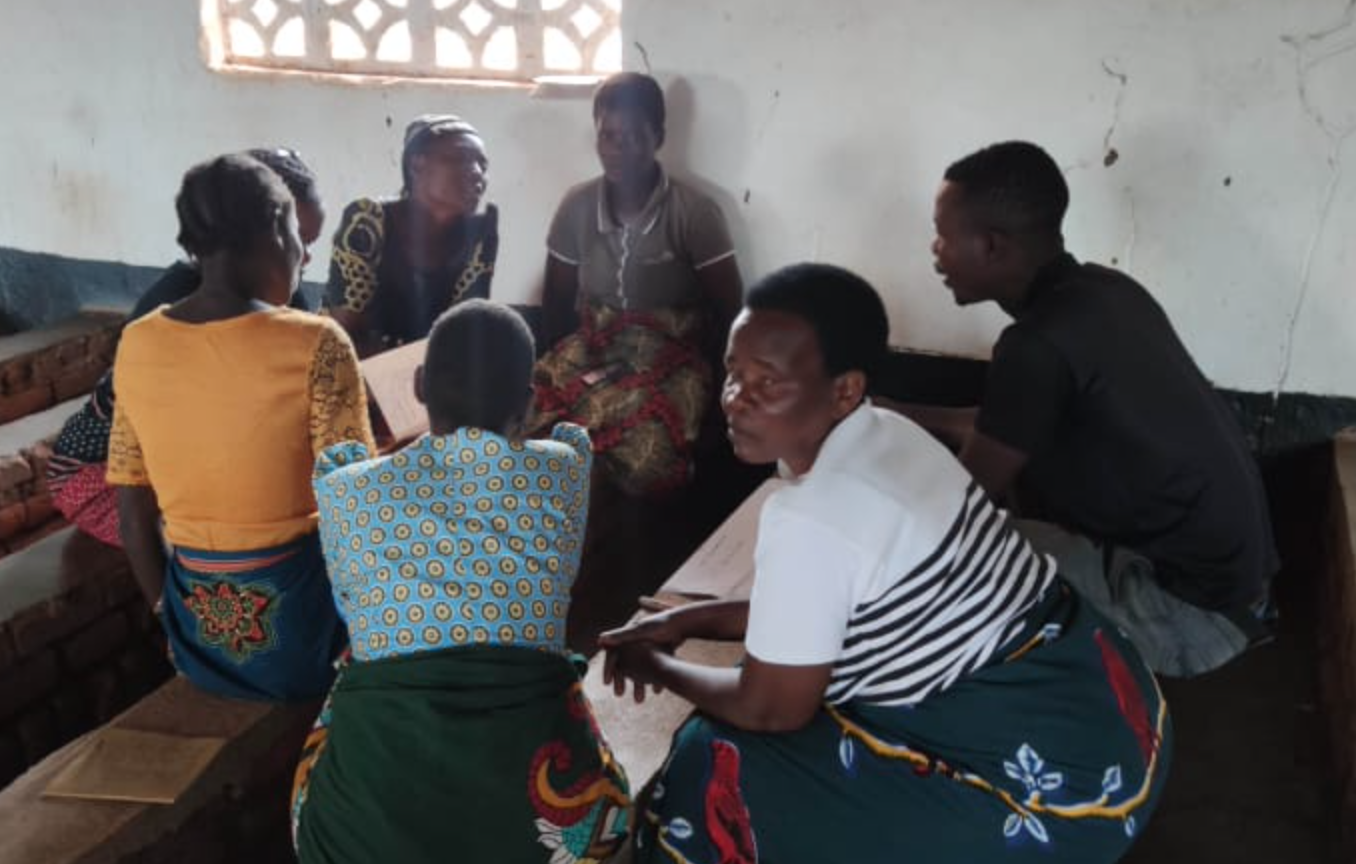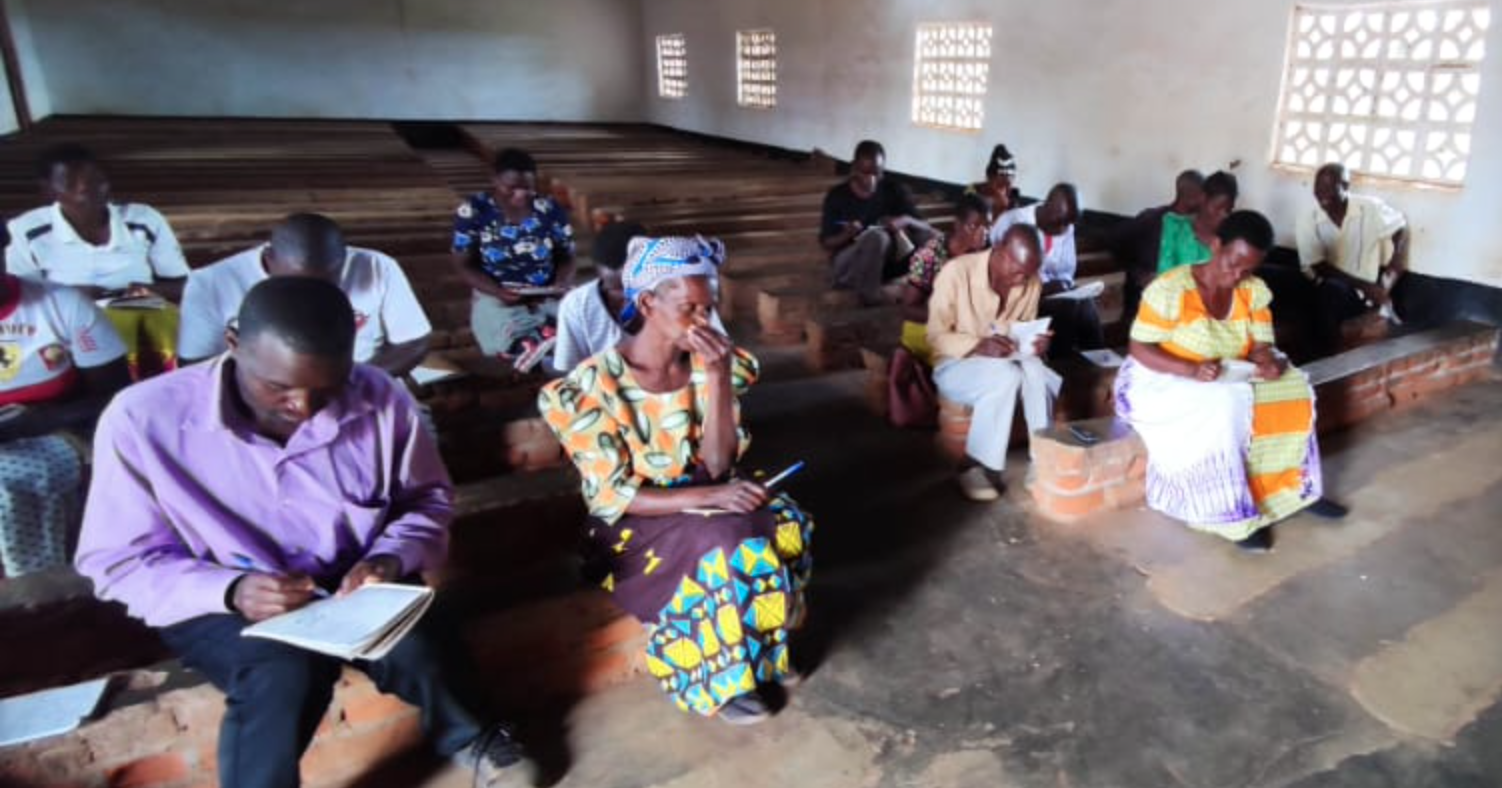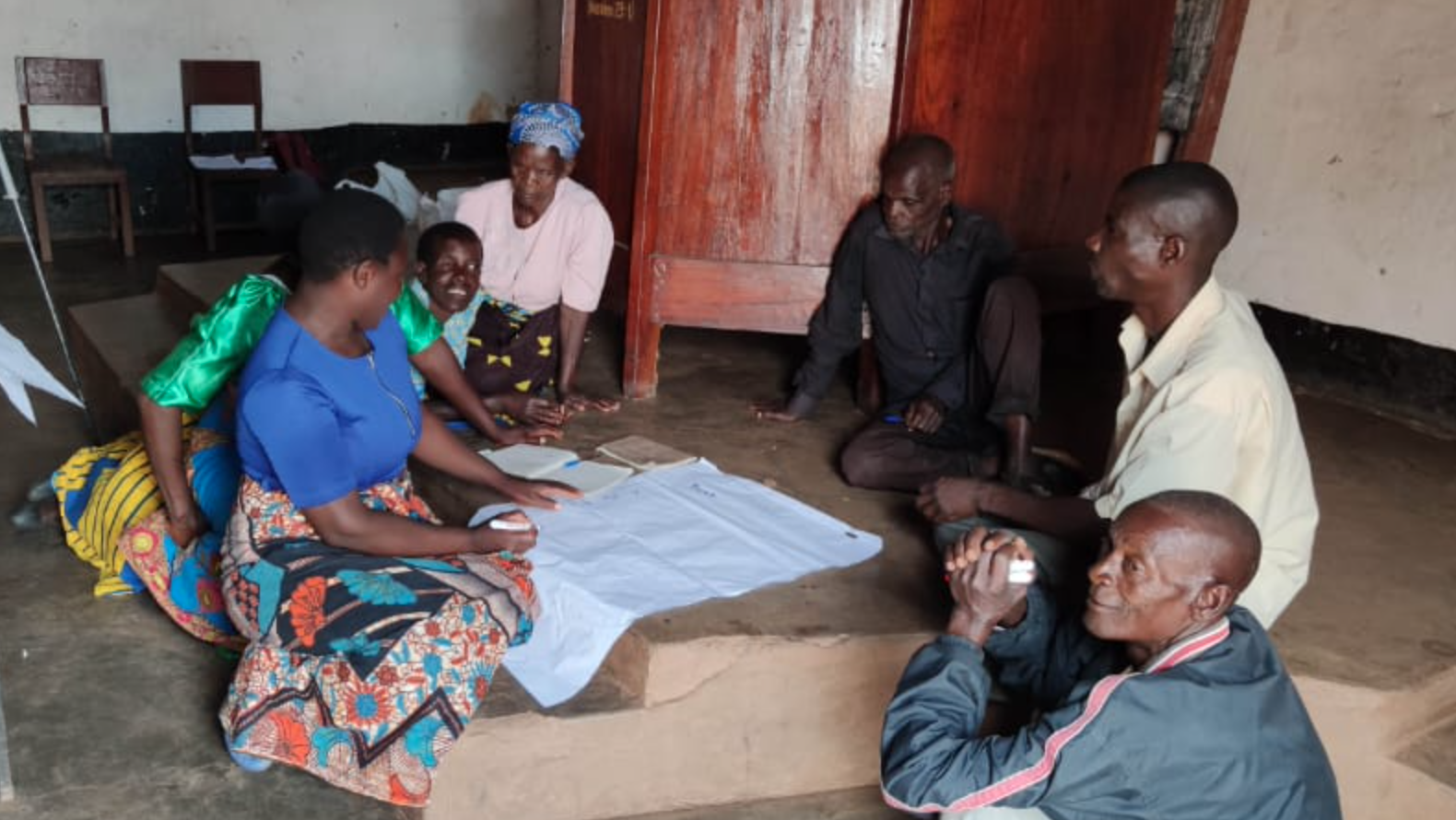How AWP trains for irrigation farming in a four-year process
We write and talk a lot about the training provided in our irrigation farming clubs, but how does it actually work? The AWP training program is a carefully sequenced process, designed to align with cultural values and practices.
We run projects in a four-year cycle, with the following steps.
Trust building. When we first make begin work in a new village, our focus is on identifying programs related to food shortages with the local farmers. Often, farmers have heard of AWP through nearby villages and invited AWP teams in. During the first year, we plant demonstration plots so that farmers can observe the results of irrigation techniques for themselves.
Initial mentorship. In the second year of our presence at a location, each farmer in the club is taught how to plan and budget for the irrigation season on his own plot. AWP is closely involved at each step, providing guidance and training in techniques.
Independent irrigation farming takes off. In year three, farmers no longer need close monitoring, and find that they no longer need assistance from the government or non-government organizations, because have had 2-3 seasons to save and re-invest their profits into their farms. AWP provides additional training and technology such as rope and washer pumps or windmills to farmers who demonstrate persistence and success.
Transfer of leadership to local agricultural extension workers. During the final year of AWP’s involvement in an area, emphasis is put on refresher trainings for government extension workers who will take over supervision and support of the farmers. The program thus becomes sustainable at a local level.
All of this takes place through partnerships with organizations like World Relief, World Vision, and Lilongwe University of Agriculture and Natural Resources. In this way, in 2022 alone, we will have provided various levels of training to nearly 4,000 farmers, poising them to move from subsistence to sustainable income.
